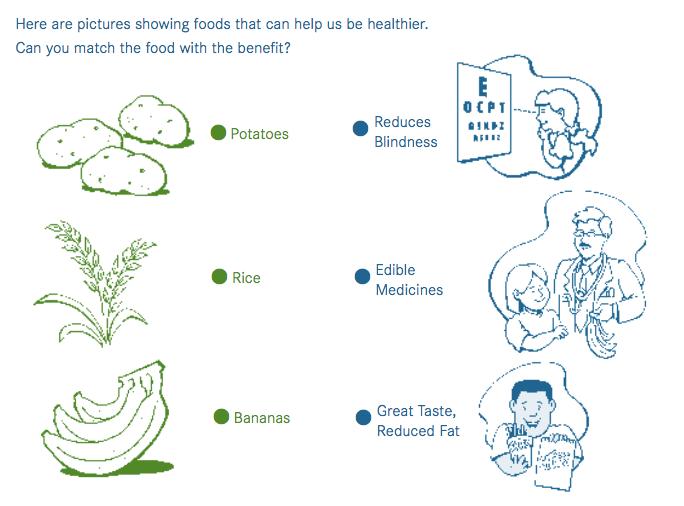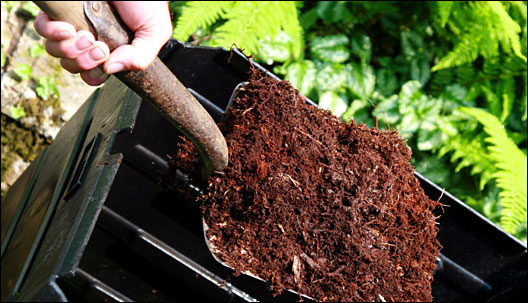When the compost pile in your backyard revs up, it starts producing heat, as the microbes in it do their work breaking down organic matter. On a small scale, that’s great for your garden. On a grand scale, though, this same process can create a “compost bomb” — a burst of carbon into the atmosphere. And as the planet warms up, this is going to happen more often.
That’s because organic matter that’s been frozen under ice or trapped in peat bogs will start breaking down. These swaths of organic matter are like gigantic compost piles, and as microbes start breaking them down, the soil starts heating up. That gets the microbes worked up, and they start breaking down even more matter, creating more heat and releasing more carbon. As the Telegraph reports, gases from this process get trapped in the soil, until eventually they burst out, “causing a huge ‘burp’ or explosive release of carbon into the atmosphere all at once.”
The whole process would be sort of awesome — the entire planet is burping! — if it didn’t spell CO2 disaster. Peatlands store twice as much carbon as is already in the atmosphere. Once the biggest compost heaps you’ve ever imagined start heating up, they’ll be almost impossible to calm down again. And that will snowball — well, not snow, so I guess rottingvegetablematterball — into some really bad news.



